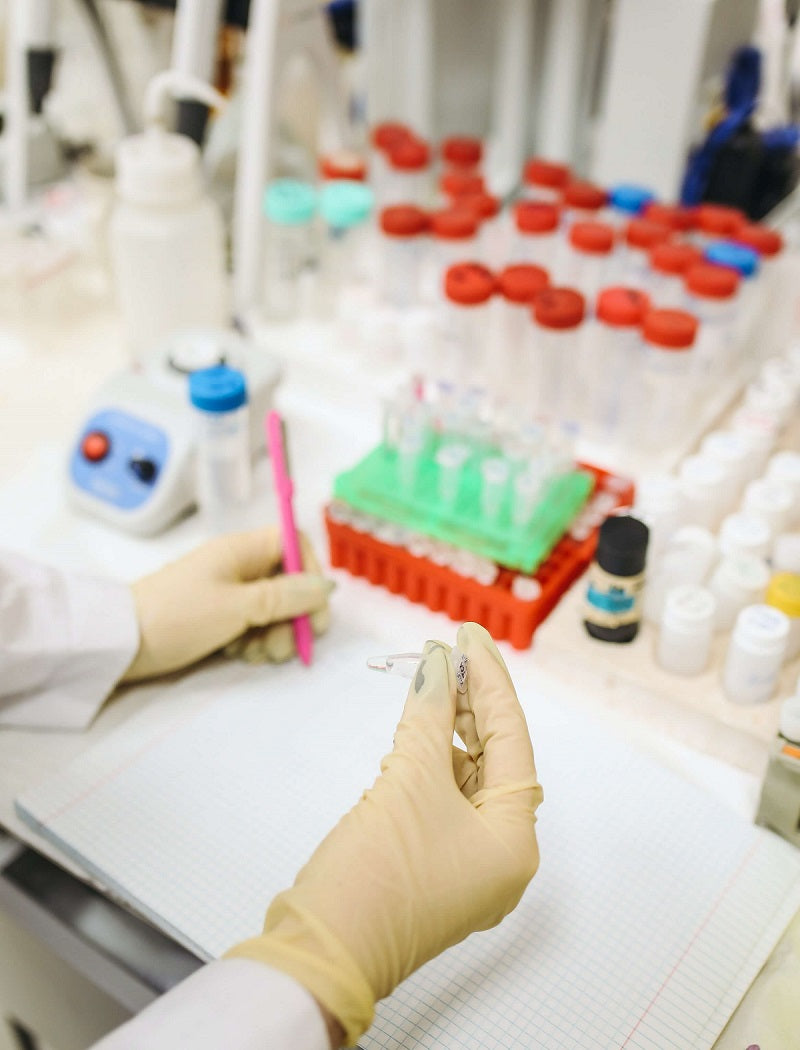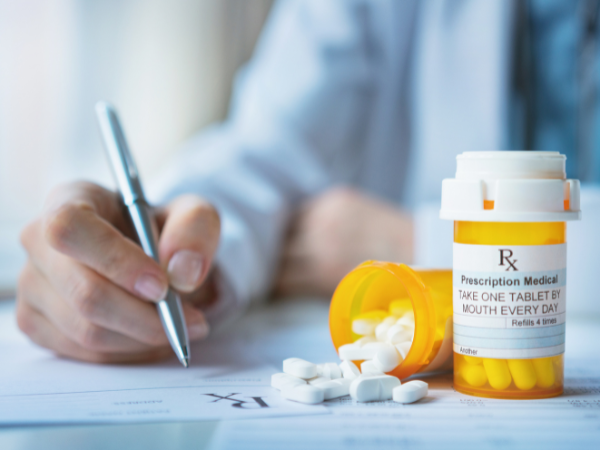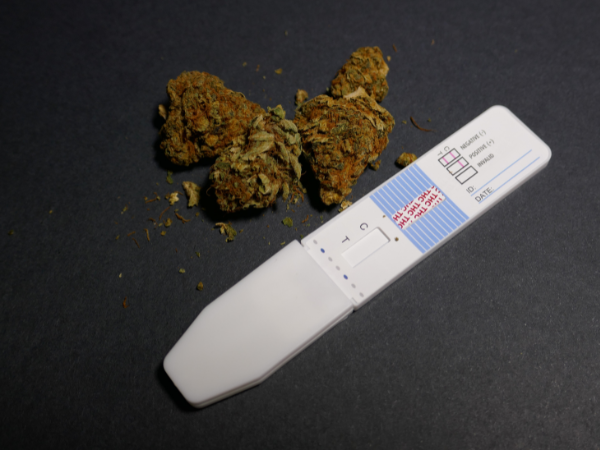Knowing how long prescription drugs and illegal drugs stay in your system, is extremely important for your quality of life, particularly if your work includes driving a vehicle, or operating machinery. These days, some employees think that taking a stimulant drug will help them with their workload, however, this viewpoint is very misinformed. This informative blog will cover all the details that you need to know. Furthermore, you will understand how you body works in relation to drug taking, and this is valuable knowledge, if you are subject to an on-site drug test in the workplace. The current state-of-the-art cutting-edge drug testing kits which are provided to countless industries, companies, organisations, medical professionals, and medical institutions, across Britain and Southern Ireland, by Drug Testing Kits UK, have an extremely high drug accuracy rate, and this is why both employers and employees need to be aware of the way that drugs work in the body.
How Long Do Drugs Stay in Your System?
"As large as the range of drugs is, so is the fluctuation that the drugs' effects have on the body. Once consumed, every drug will be active for a different amount of time. - This could range from several hours to several days, or even weeks"
The period of time that a drug/s stay in your system, is dependent on various factors. These include: age, sex, physical health, the type of drug test, the substance, the dosage, your level of tolerance, your hydration levels, body mass, urine acidity, physical activity, and your metabolism. For example, when it comes to metabolism, the more effective your liver and kidneys can process the drug/s, the quicker your body can pass them through the body, and eliminate them. Furthermore, as there is a link between metabolism and age; in the main, the older a person is, the less effectively their liver and kidneys can process the drug/s. - So to that end, the more advanced in age you are, the more likely the drug/s will remain in your system.
What is a Drug's Half-Life?
This refers to the amount of time that is needed for the level of the drug/s in your body, to be reduced by 50%. In a nutshell, after one half-life, the drug's concentration within your body will go down to 50% of the original dose. This process continues until all traces of the drug/s have been removed from the body. Of note: the various types of drugs possess different half-lives; yet they all follow the same pattern in that once one half-life has passed, half of the original drug amount is expelled from the body.
List of Drugs Half-Lives
Drug Detection Chart
- Amphetamines: 12 hours in the blood & 1-3 days in the urine
- Barbiturates: 1-2 days in the blood & 2-4 days in the urine
- Benzodiazepines: 2-3 days in the blood & 3-6 weeks in the urine
- Cannabis: up to 2 weeks in the blood & 7-30 days in the urine
- Cocaine: 1-2 days in the blood & 3-4 days in the urine
- Codeine: Up to 12 hours in the blood & 1 day in the urine
- Heroin: Up to 12 hours in the blood & 3-4 days in the urine
- LSD: Up to 2-3 hours in the blood & 1-3 days in the urine
- MDMA (ecstasy): 1-2 days in the blood & 3-4 days in the urine
- Methamphetamine (crystal meth): 24-72 hours in the blood & 3-6 days in the urine
- Methadone: 24-36 hours in blood & 3-4 days in the urine
- Morphine: 6-8 hours in the blood & 2-3 days in the urine
Note: the urine drug test detection time is longer than the blood test detection time, which is why on-site drug testing often involves urine samples. The saliva drug test is also very popular, and detection time is generally 5 to 48 hours.
Factors That Influence Drug Detection Time
In the main, such factors depend on: the duration of drug usage (e.g., acute or long-term), the quantity of the drug, its level of sensitivity, how the drug was prepared, the way it was administered, the metabolite or molecule that is being detected, the inter-individual difference in renal and metabolic clearance; and the level of pH concentration.
Type of Drug
According to the National Institute on Drug Abuse, the type of drug which you take will influence the period of time that it will remain in your body. Drugs which have greater half-lives will linger for longer, so to that end, they will easily be picked up by top quality, sensitive drugs tests, such as those provided by Drug Testing Kits UK.
Amount Consumed and Frequency of Use
How frequently you take a drug/s has a knock-on effect as to the length of time it will remain within your body. To that end, as your drug level shoots up, the more time you will need to eliminate the drugs.
Alcohol Consumption
If you take drugs and consume alcohol on the same day, the impact of both the drugs and the alcohol (alone), are ramped up. Moreover, this combination can raise blood pressure, and ignite serious interactions that could prove very dangerous, and even fatal.
How Long Does Alcohol Stay in Your System?
The length of time that alcohol remains in the body is dependent on how your system reacts; and just as with drugs, this varies from one individual to another.
The latest high-end rapid results breathalysers, such as those supplied by Drug Testing Kits UK, are the most popular way to test for alcohol consumption. However, taking a broader perspective, here is a list of the different types of alcohol tests, and the period of time that the alcohol can be detected after alcohol consumption:
- Blood tests: Up to 6 hours
- Urine tests: 12-72 hours (Drug Testing Kits UK offers innovative appliances that give this result in the least amount of time)
- Saliva tests: 12-24 hours
- Breath tests: 12-24 hours
Of note, the user-friendly, on-site testing kits provided by Drug Testing Kits UK, do not need to be administered by a medic, or done in an environment with medical conditions.
Weight and Metabolism
When someone has a lean bodyweight, their drug clearance will be quicker than an individual who has more fat. Indeed, body fat percentage plays a role in metabolism. - For instance, fat-soluble drugs (such as THC), can attach to your body fat, thus making the drug processing time slower. Furthermore, as females usually have a greater level of body fat, if they consume lipid-soluble drugs, then their metabolic process is likely to be slower than it would be for a man. Further,
if the drug taker's kidney and liver are running efficiently, then their body will be able to detox from the drugs more quickly.
How Long Are Drugs Detected in Urine?
Generally speaking, the detection time for the presence of drugs in urine samples, is 1 to 3 days. Urine tests are far more popular than hair tests.
Conclusion
Learning the basics on how long drugs stay in the system, along with the multiple factors that govern this, is very valuable for both employers and employees. If any of your employees appear to be addicted to drugs, then the best course of action is to refer them to a reputable drug awareness organisation which can tell them about the different treatment options. Moreover, having random drug tests in the workplace is the best policy to both protect the staff, the general public, and the company. Please do not hesitate to contact the highly knowledgeable, friendly Customer Service Team at Drug Testing Kits UK.
Sources
[1]. Sprout Health Group (2022). "How Long Do Drugs Stay in Your System?"
https://www.sprouthealthgroup.com/substances/how-long-do-drugs-stay-in-your-system/
[2]. Hallare J, Gerriets V. Half Life. [Updated 2022 Jun 23]. In: StatPearls [Internet]. Treasure Island (FL): StatPearls Publishing; 2022
https://www.ncbi.nlm.nih.gov/books/NBK554498/
[3]. HSE Drugs (2022). "How Long Do Drugs Stay in Your System?"
[4]. Verstraete AG. Detection times of drugs of abuse in blood, urine, and oral fluid. Ther Drug Monit. 2004 Apr;26(2):200-5
https://pubmed.ncbi.nlm.nih.gov/15228165/
[5]. Wellness Retreat Recovery (2022). "How Long Do Drugs Stay in Your System?"
https://wellnessretreatrecovery.com/how-long-do-drugs-stay-in-your-system/



 03333 704 704
03333 704 704




